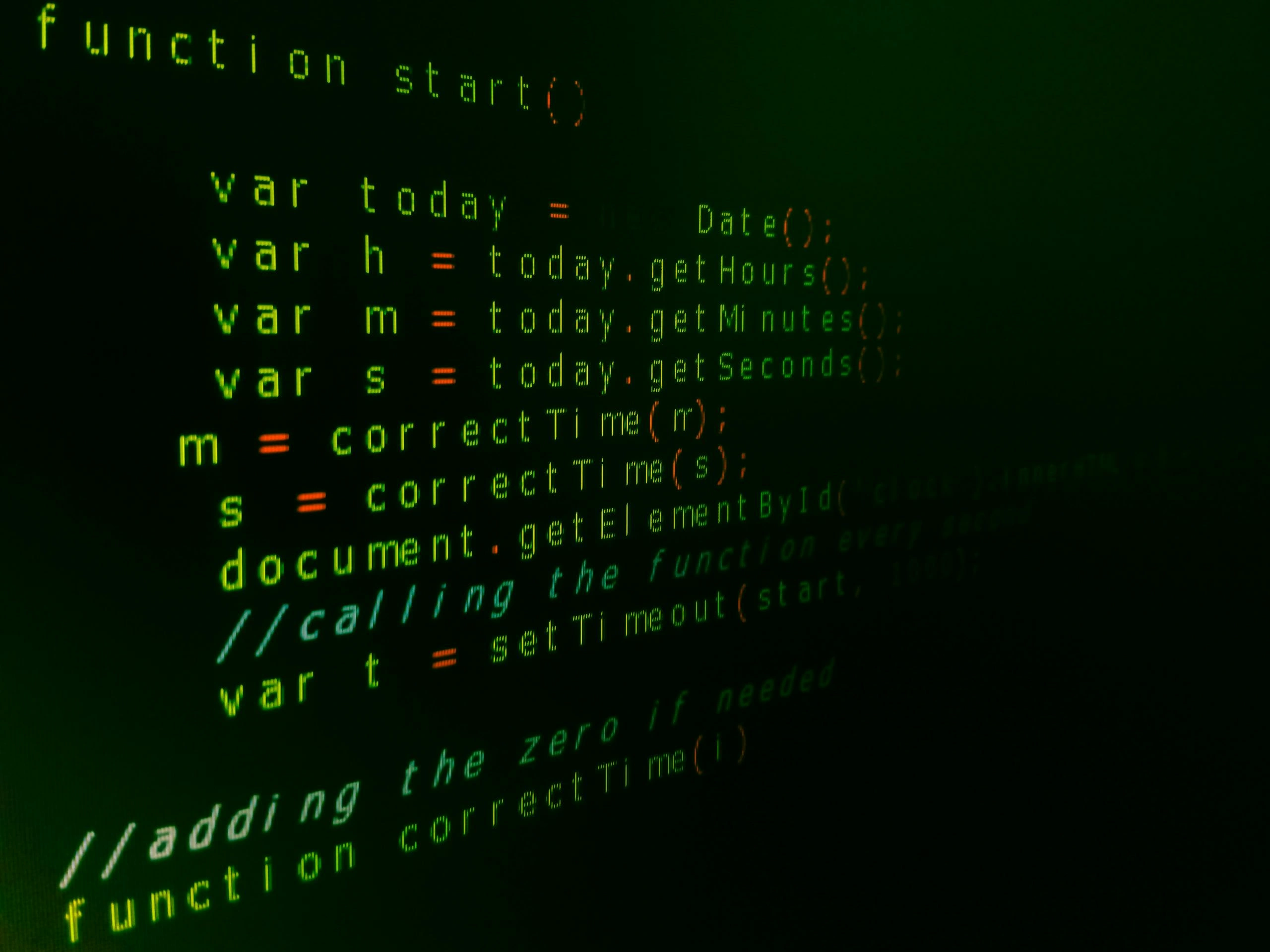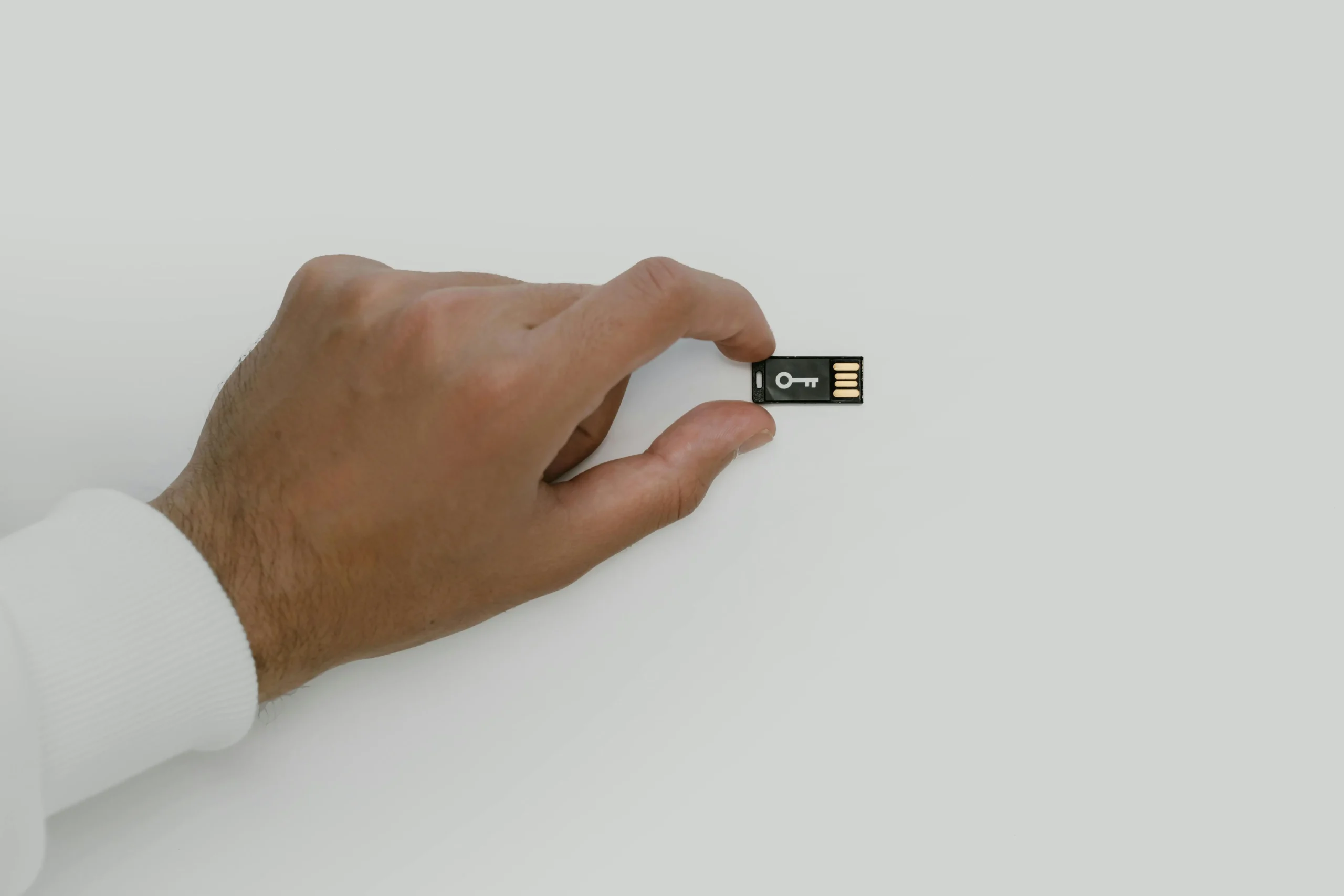The ‘fezbox’ npm package has been identified as a malicious utility library employing QR codes to conceal a second-stage payload aimed at harvesting sensitive information such as cookies and user credentials. This technique represents a notable evolution in the methods utilized by cybercriminals, combining steganography with legitimate software distribution to evade detection.
The implications of this approach are profound, as it blurs the lines between benign and malicious code, making it harder for users and security systems to identify threats. If successful, such attacks could lead to unauthorized access to personal and financial information, increasing the risk of identity theft. Developers and users alike must be vigilant and exercise caution when integrating third-party packages into their projects, as even seemingly innocuous libraries may harbor hidden dangers.
👉 Pročitaj original: BleepingComputer







